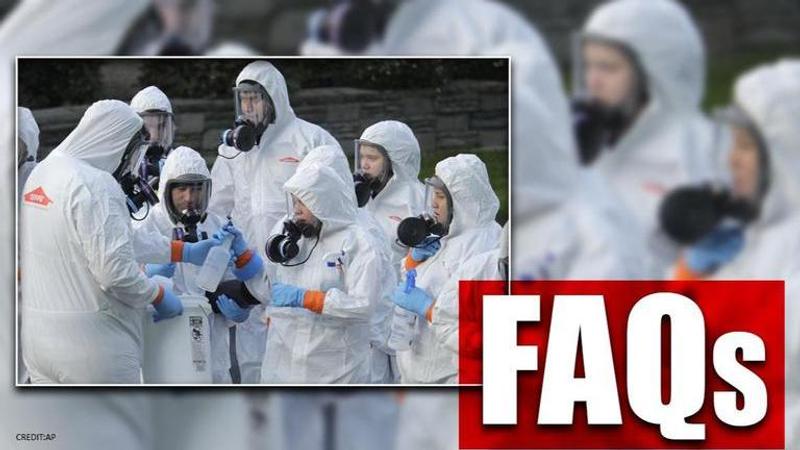Published 17:26 IST, March 12th 2020
Coronavirus FAQs: Everything you need to know about the deadly pandemic
After the WHO declared the novel coronavirus as a pandemic, people around the world have now become even more concerned regarding the rapidly spreading disease.

After the World Health Organisation (WHO) declared COVID-19 as a pandemic, people around the world have now become even more concerned regarding the rapidly spreading disease. While several rumours are also getting amplified, it is important to address frequently asked questions (FAQs) related to the novel coronavirus.
What are the symptoms of COVID-19?
The most common symptoms of the pandemic are fever, cough, shortness of breath, and some patients may experience nasal congestion, sore throat or diarrhoea. However, the symptoms may appear in 2-14 days after exposure.
How does COVID-19 spread?
According to the WHO, the disease can spread from person to person through small droplets from nose or mouth when an infected person coughs or exhales. The droplets can land on objects and surfaces and other people can catch the disease by touching such objects and then touching their eyes, nose or mouth. It is important to stay at least a meter (3 feet) away from a sick person.
How long the virus survives on the surface?
There has not been exact clarity on the survival of the virus on surfaces, but preliminary studies have suggested that it behaves like other coronaviruses. The virus may persist on surfaces for a few hours or up to several days.
Who are at risk of developing serious illness?
While the health experts are still figuring out how COVID-19 affects people, older people with underlying medical problems, like high blood pressure, heart disease, lung disease, cancer or diabetes, are more likely to develop serious illness.
Can antibiotics prevent a person from getting infected?
No. It is important to understand that antibiotics work against bacterial infections and not viral infections. The novel coronavirus, as the name suggests, is caused by a novel strain of a virus which mean antibiotics can not prevent or treat COVID-19.
Should I wear a mask to protect myself?
WHO advises wearing a mask only when you possess the symptoms of COVID-19 or looking after someone who may have the infection. The UN health agency cautions that anyone who is not ill or not looking after an ill person should avoid wearing a mask.
Updated 17:26 IST, March 12th 2020




